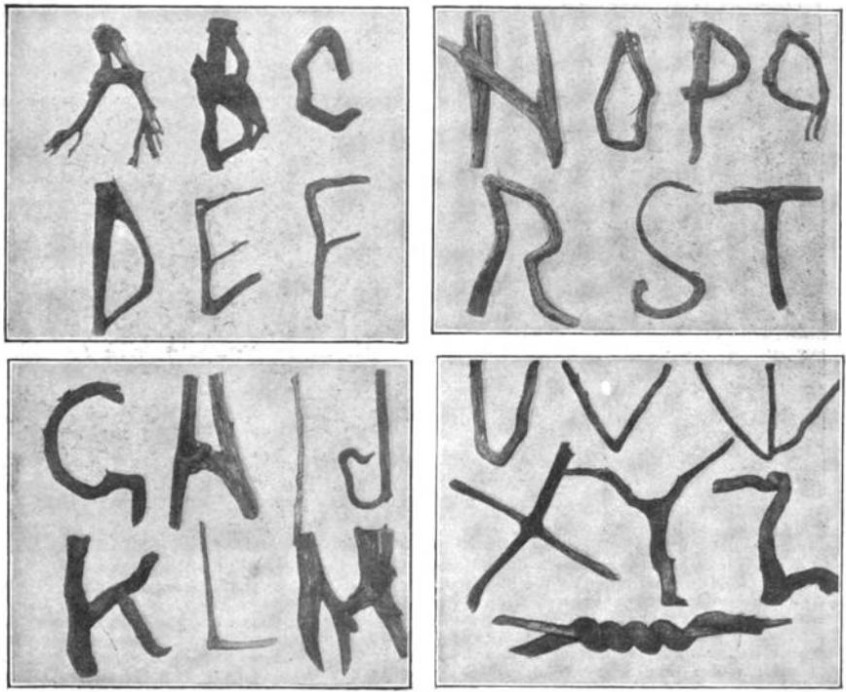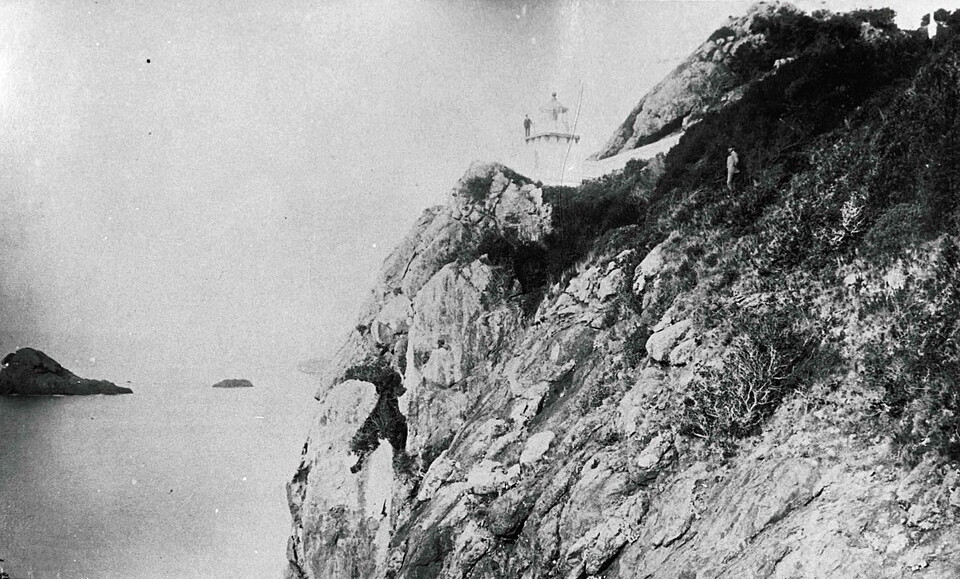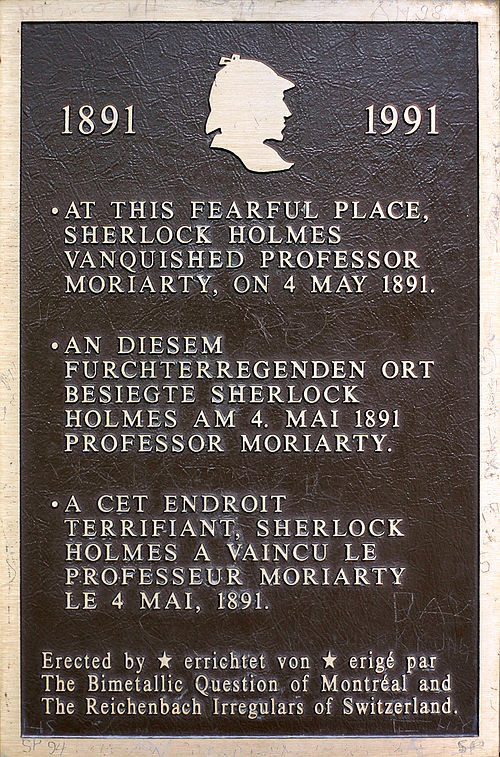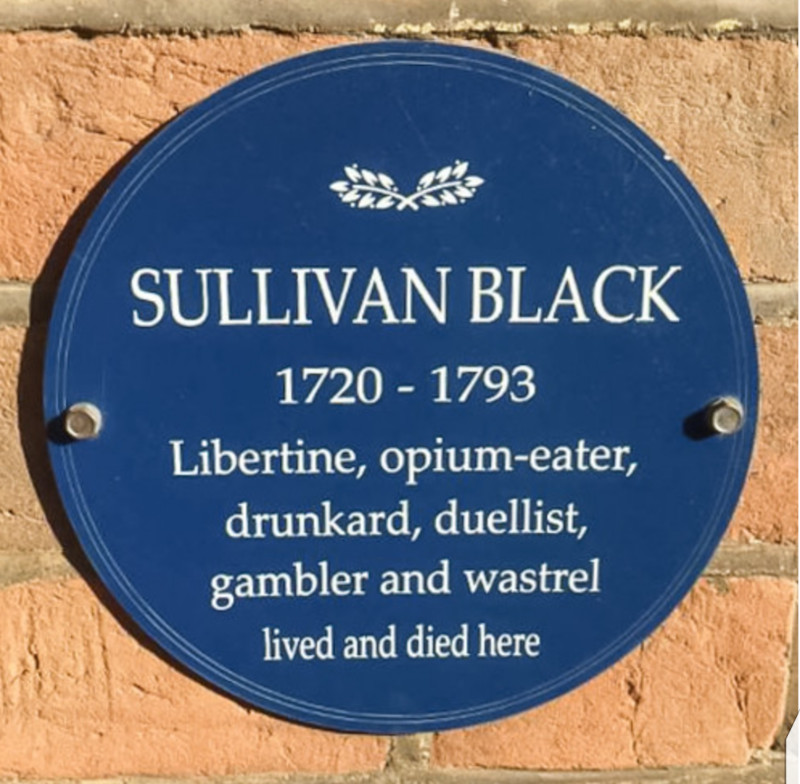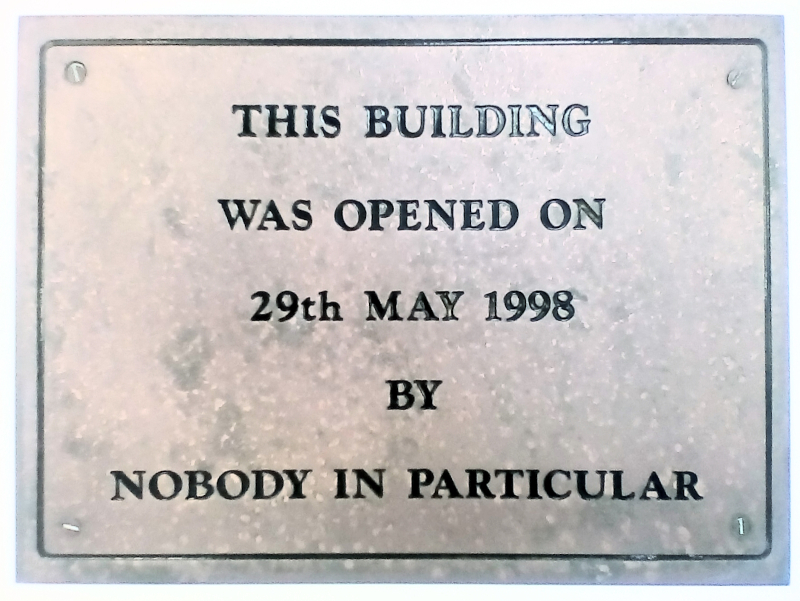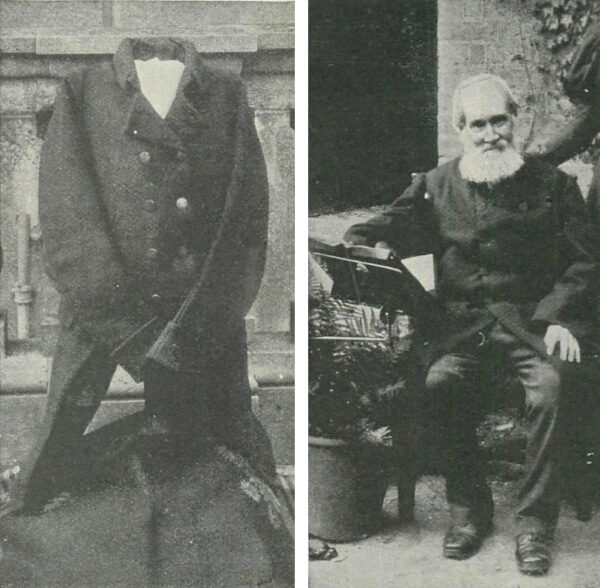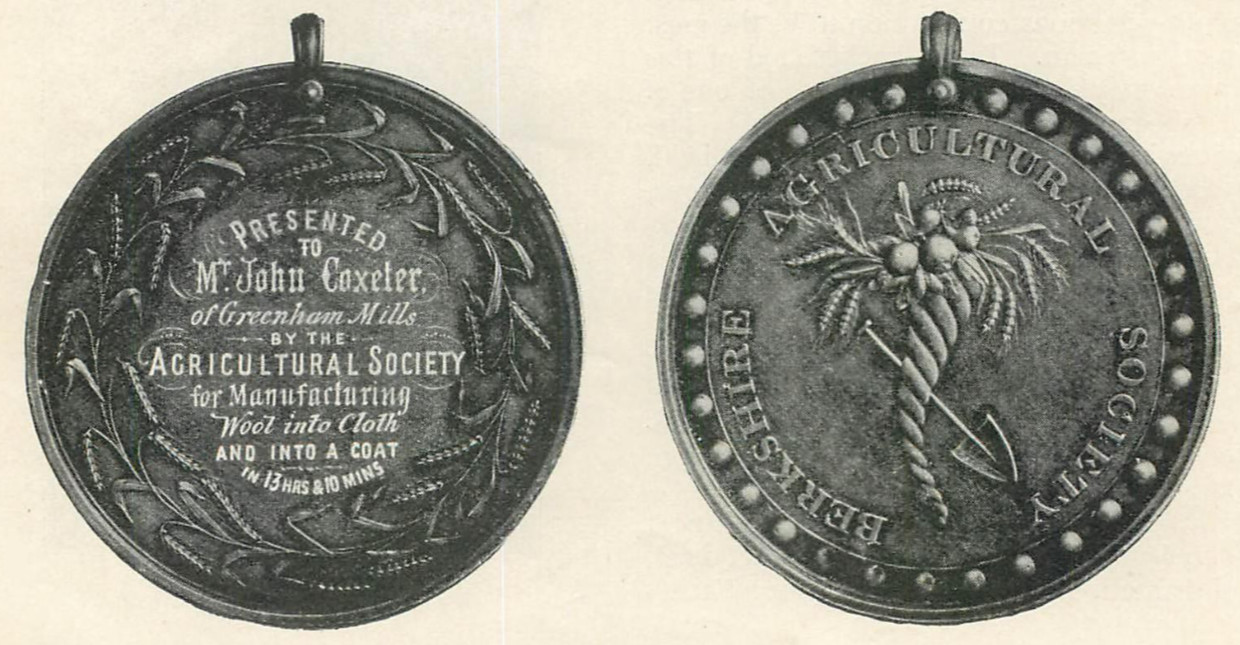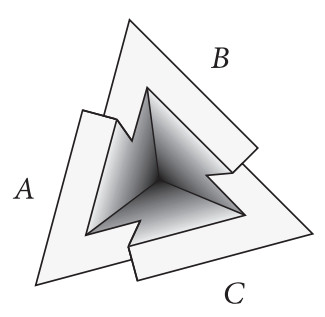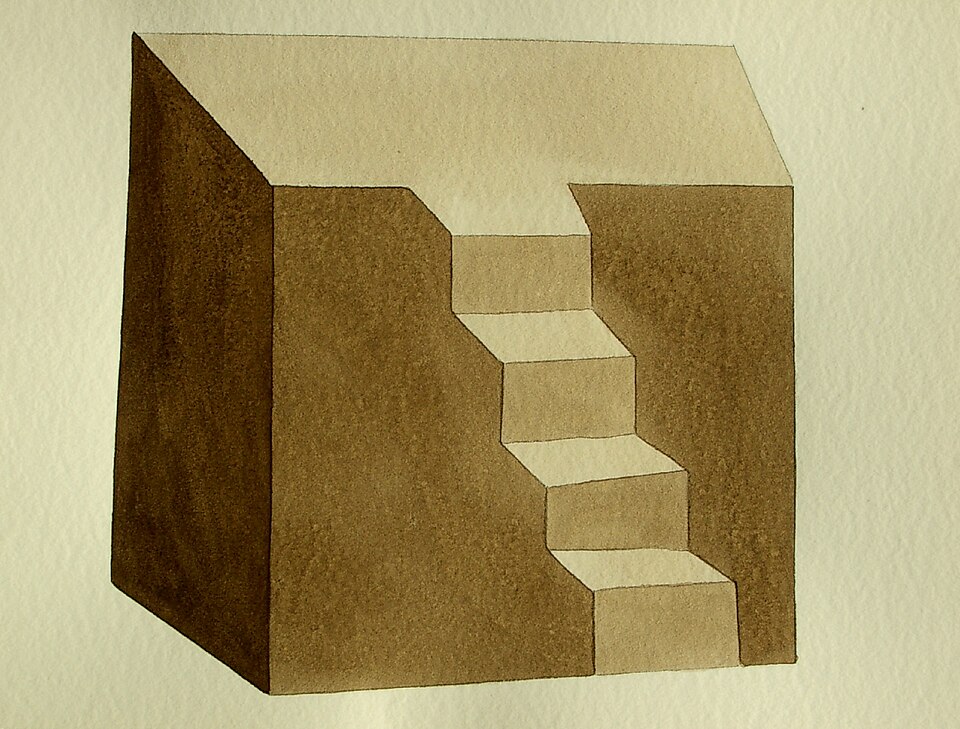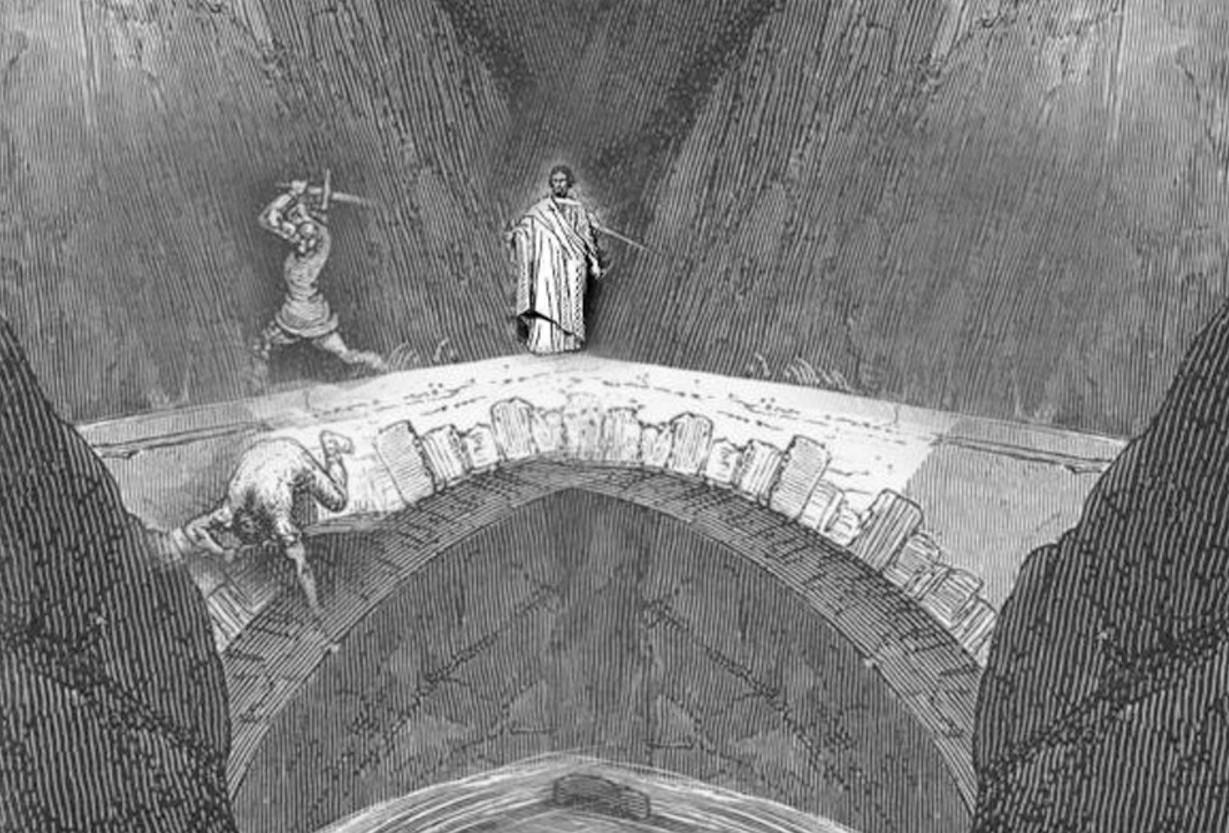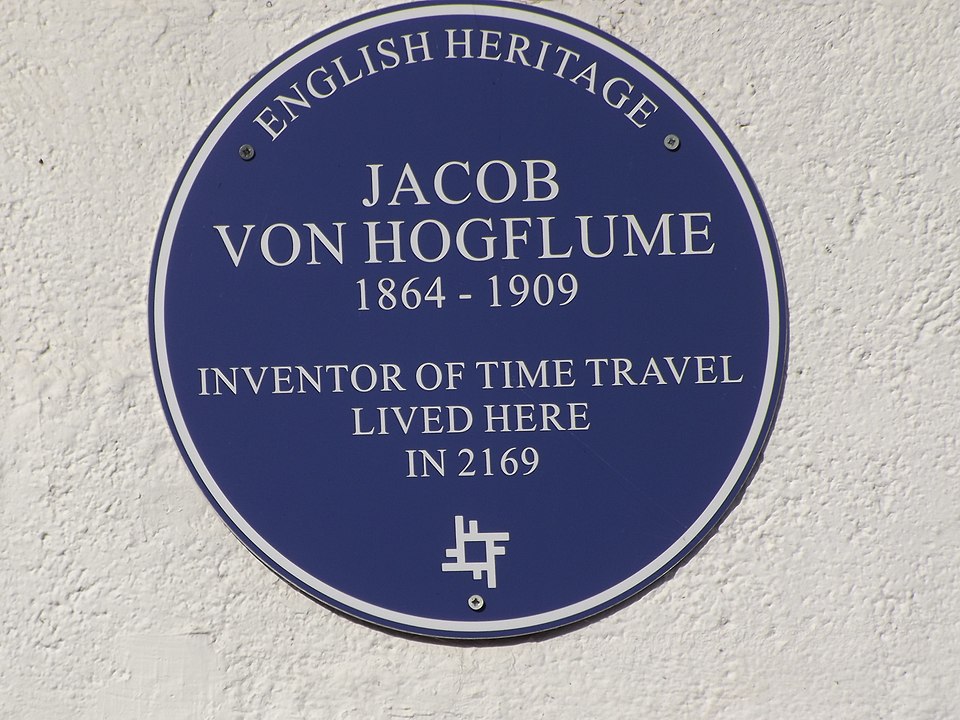I think I mentioned this on the podcast at some point: One summer morning in 1815, proprietor William Butterfield opened the White Wells at Ilkley, West Yorkshire, to a sound of whirring:
All over the water and dipping into it was a lot of little creatures, all dressed in green from head to foot, none of them more than eighteen inches high, and making a chatter and jabber thoroughly unintelligible. They seemed to be taking a bath, only they bathed with all their clothes on.
Soon, however, one or two of them began to make off, bounding over the walls like squirrels. Finding they were all making ready for decamping, and wanting to have a word with them, he shouted at the top of his voice — indeed, he declared afterwards, he couldn’t find anything else to say or do — ‘Hallo there!’ Then away the whole tribe went, helter skelter, toppling and tumbling, heads over heels, heels over heads, and all the while making a noise not unlike a disturbed nest of young partridges.
That’s the account recorded by Charles C. Smith in the Folk-Lore Record of 1878. Butterfield had died in 1844, but Smith had the story from his associate John Dobson, who described the bathman as “a good sort of a man, honest, truthful, and steady, and as respectable a fellow as you could find here and there.” The fairies made no comment.

